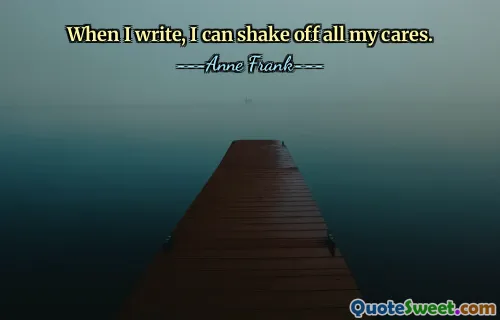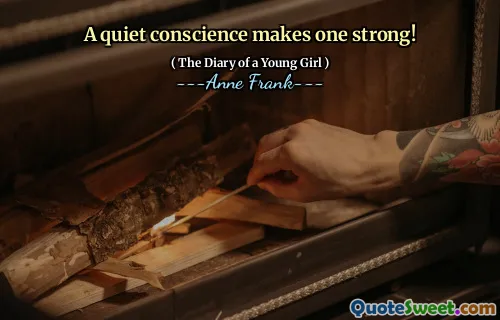Anne Frank was a Jewish girl born in 1929 in Frankfurt, Germany, who became one of the most famous victims of the Holocaust. When the Nazi regime rose to power, her family moved to Amsterdam to escape persecution. Despite their efforts to find refuge, the Frank family was eventually forced into hiding in 1942, seeking safety from the Nazis. During this time, Anne documented her life through her writings in a diary, reflecting her thoughts, experiences, and hopes for the future. While in hiding with her family and others, Anne faced the constant fear of discovery, yet she remained optimistic and introspective. Her diary vividly captures the challenges of living in confinement, the dynamics of the people around her, and her longing for freedom. Tragically, in 1944, the hideout was discovered, and Anne and her family were arrested. Anne ultimately died in a concentration camp in 1945 at the age of 15. After the war, Anne’s diary was discovered and published by her father, Otto Frank, the only family member to survive the Holocaust. The work, titled "The Diary of a Young Girl," has since been translated into many languages and has become a powerful testament to the human spirit and the horrors of war. Anne Frank's writings continue to educate and inspire generations, serving as a poignant reminder of the impacts of prejudice and discrimination.
Anne Frank was a Jewish girl born in 1929 in Frankfurt, Germany, who became one of the most famous victims of the Holocaust. When the Nazi regime rose to power, her family moved to Amsterdam to escape persecution. Despite their efforts to find refuge, the Frank family was eventually forced into hiding in 1942, seeking safety from the Nazis. During this time, Anne documented her life through her writings in a diary, reflecting her thoughts, experiences, and hopes for the future.
While in hiding with her family and others, Anne faced the constant fear of discovery, yet she remained optimistic and introspective. Her diary vividly captures the challenges of living in confinement, the dynamics of the people around her, and her longing for freedom. Tragically, in 1944, the hideout was discovered, and Anne and her family were arrested. Anne ultimately died in a concentration camp in 1945 at the age of 15.
After the war, Anne’s diary was discovered and published by her father, Otto Frank, the only family member to survive the Holocaust. The work, titled "The Diary of a Young Girl," has since been translated into many languages and has become a powerful testament to the human spirit and the horrors of war. Anne Frank's writings continue to educate and inspire generations, serving as a poignant reminder of the impacts of prejudice and discrimination.
More »
Today Birthdays
1955 -
Max Lucado
1946 -
John Piper
1842 -
William James
1907 -
Abraham Joshua Heschel
1887 -
Aldo Leopold
1755 -
Alexander Hamilton
1976 -
Alethea Kontis
1971 -
Mary J. Blige
1825 -
Bayard Taylor
1943 -
Jim Hightower
1885 -
Alice Paul
1923 -
Carroll Shelby
1928 -
David L. Wolper
1954 -
Kailash Satyarthi
1972 -
Amanda Peet
1946 -
Naomi Judd
1970 -
Malcolm D. Lee
1955 -
Christian Marclay
1973 -
Rahul Dravid
1987 -
Jamie Vardy
1942 -
Clarence Clemons
1992 -
Fatima Sana Shaikh
1948 -
Larry Harvey
1930 -
Rod Taylor

